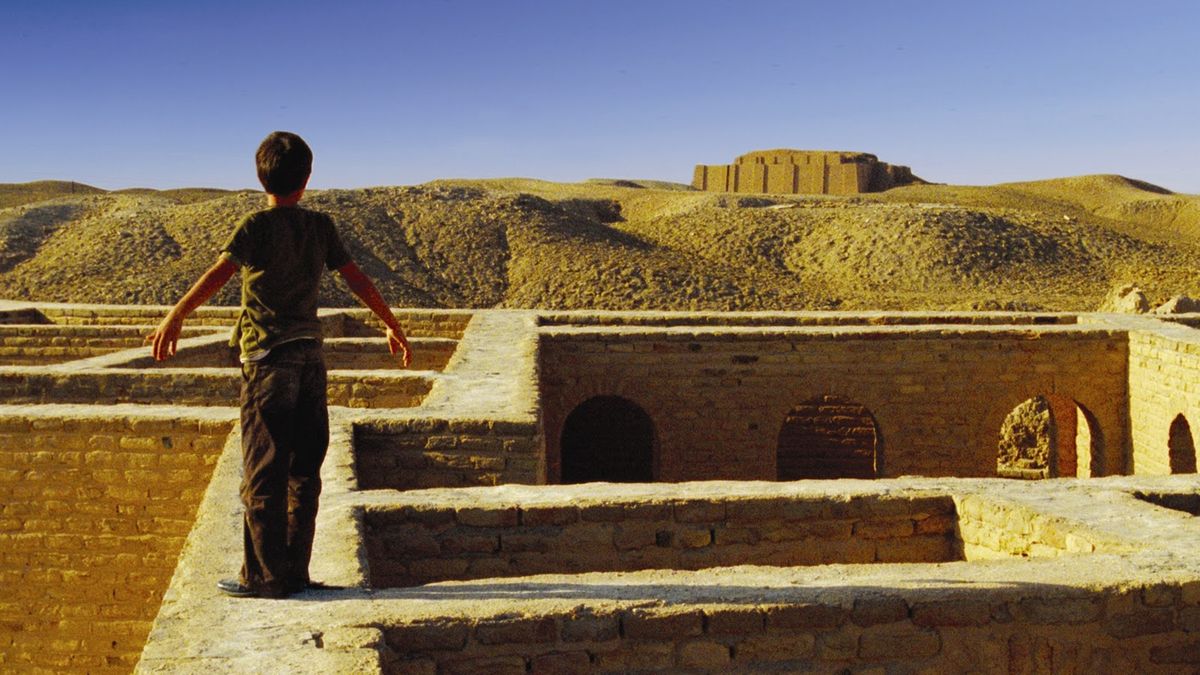
- Film
The Ongoing Struggle of Iraqi Cinema
Wars, upheavals, changing politics, all have shaped filmmaking in Iraq.
In 1909 the country’s first film project took place, but it was not seemingly in the Iraqi’s DNA to indulge in cinema. In fact, throughout the 1920s and 1930s, Iraqi theaters screened mostly American films for British citizens.
But in the late 1940s under the rule of King Faisal II, the Baghdad Studio was established and movie production began. As in other parts of the Middle East, most of these films were aimed at a wide audience – lavish romances, comedies, and musicals. This became known as the Golden Age of Iraqi cinema.
When King Faisal II’s government was overthrown in 1959, the government took control of the film industry to use it as a political tool. During the next two decades, most of what was produced were documentaries touting the accomplishments and glory of the regime, including falsely portraying Iraq as the victor in the 1980 Iran-Iraq war, and the personal triumphs of Saddam Hussein, culminating in a six-hour epic about his life.
Prior to 1991, there were nearly 300 cinemas in Iraq, but after the first Gulf War, UN sanctions were imposed, banning filmmaking equipment and film stock from entering the country, essentially putting an end to film production.
When the US-led coalition invaded in 2003 and overthrew the government of Saddam, a wave of looting erupted in Iraq’s major cities, destroying movie theaters and equipment, as well as film archives. Subsequent violence drained the country of artistic talent.
But as the country continues to recover and overcome three decades of instability and conflict, a new Iraqi cinema is being born.
The Iraqi Independent Film Center was established in 2003, helping filmmakers develop their techniques, producing films that have received 100 Arab and international awards.
Today, Iraqi cinema is witnessing a resurgence, with the participation of international funding. Son of Babylon (2009), directed by Mohamed Al-Daradji, was developed through the Sundance Institute and supported by multiple international funding organizations. It won 12 international festival awards including the Amnesty International Film Prize at the Berlinale.
In 2013 Baghdad was named the Arab Capital of Culture. The Baghdad College of Fine Arts opened the first major film production house, as well as hosting an international shorts film festival to promote foreign exchange. Current independent filmmaking in Iraq runs the gamut from films shot on iPhones to large budget costume dramas, with animation comprising most of the short films.
But Iraq continues to suffer inefficient administration. In 2014 the Ministry of Culture allocated millions of dollars to fund film production, but as of 2021, only one film project has been supported. Yet filmmakers are not daunted. In March of 2018, the premiere of the Iraqi film The Journey became the first Iraqi film in 27 years to be released in theaters in Iraq.
Today, Iraq’s filmmakers want to take back its stories told on film and are more interested in presenting life in the present instead of focusing on the past. In 2020, Iraq’s first online independent film festival was created to “empower directors, actors, screenwriters, producers, designers, sound artists and other creatives to tell the story of Iraq, the resilience of its people, and the breadth of its culture to a global audience.” Perhaps this may signal the coming rebirth of Iraqi cinema!

